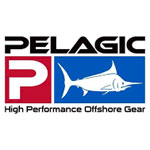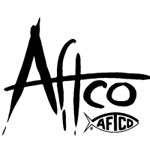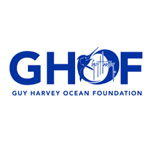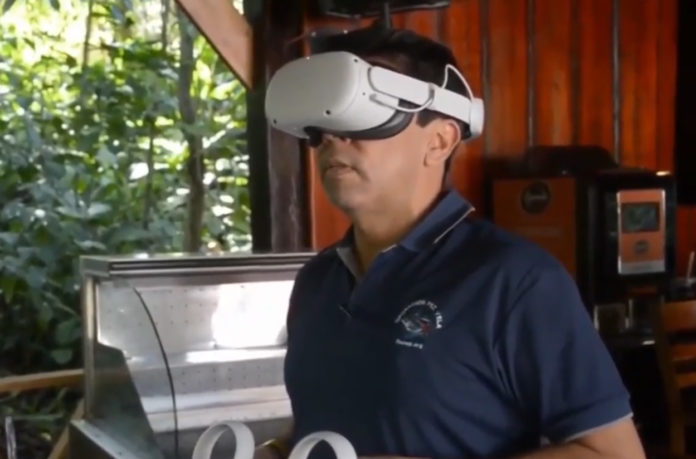
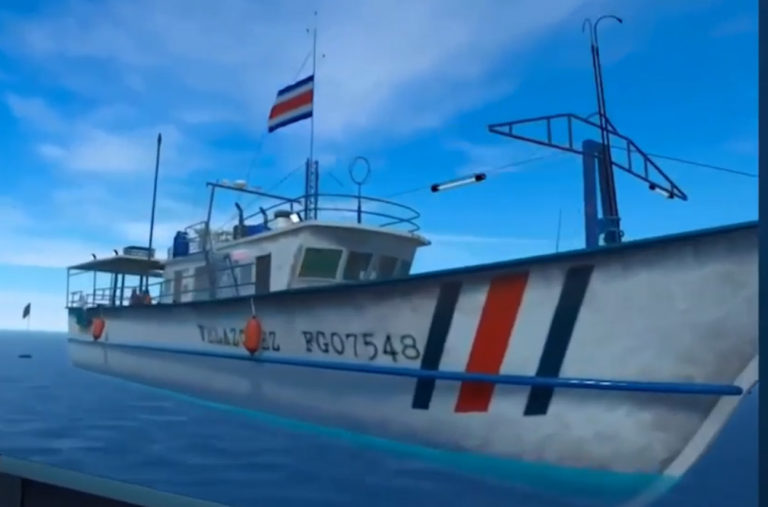
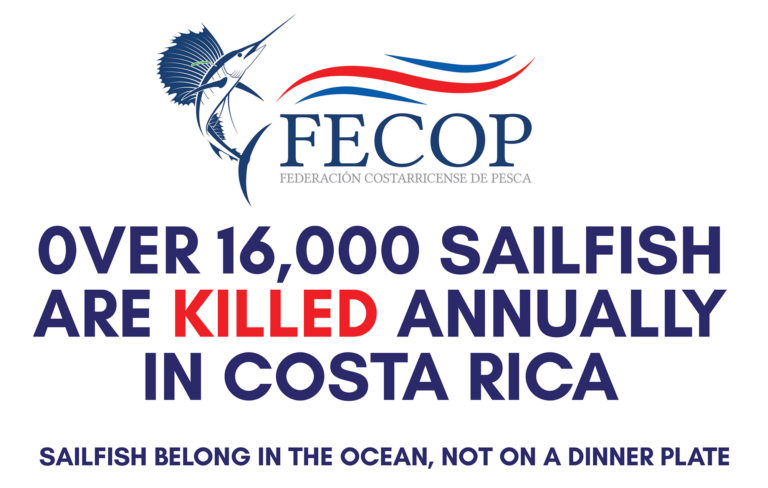

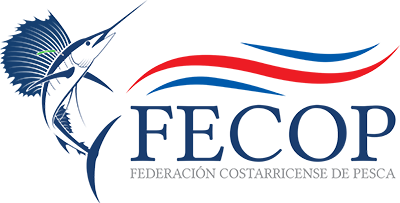
Fighting Illegal Fishing in Costa Rica With Virtual Reality
FECOP organized a training course for approximately thirty officials using virtual reality technologies.
The main objective was to raise awareness and training personnel on applying the Fisheries Law and the international and national regulatory framework to combat illegal, unreported, and unregulated fishing (IUU fishing). In addition, it aimed to contribute to penalizing these crimes and reducing impunity.
“Illegal fishing is a major problem that affects the whole world. It destroys important fishery resources, non-target species, and marine habitats. Additionally, it erodes conservation regulations and the efforts to recover fisheries and sustainably manage them,” said FECOP’s Director of Science, Moisés Mug.
With the support of Gensler’s Metaverse department, an interactive platform was developed to carry out a practical drill for the apprehension of a fishing boat presumed to be involved in illegal fishing activities by the National Coast Guard.
Through virtual reality, participants could board the commercial ship “El Velasquez,” where they were asked to collect evidence and proof and complete a series of other tasks.
One of the purposes of using this technology and involving judges, prosecutors, and OIJ investigators was to sensitize them about the dangers, the complexity of this task and to familiarize them with the terminology, concepts, and the collection of evidence of illegal fishing.
“This course has been innovative; it combines theory with implementing practical exercises using virtual reality technologies and also allows us to gain experience,” said environmental prosecutor Alejandro Alpízar.
On the other hand, the deputy environmental prosecutor, José Pablo González, stressed that “initial reactions have been very positive” and that this tool has enormous potential.
The second phase of the project will improve this exercise module, diversifying the scenarios and the complexity and difficulty of the exercises, seeking to take advantage of the full potential of this tool to combat this problem,” he added.
This activity is part of a collaboration agreement between FECOP and the National Coast Guard Service (SNG) of the Ministry of Public Safety and the participation of the Environmental Prosecutor’s Office.
Illegal fishing trade is estimated to be worth $144 billion globally and produces losses of around $23 billion in impacts each year, according to FECOP’s Director of Science.
Costa Rica has reported illegal fishing of protected species by foreign vessels in protected or closed areas.
Illegal fishing of sailfish by longline boats using live bait within the first 30 nautical miles of the coast has caused a significant reduction in the abundance of this population on Costa Rica’s Pacific coast.
According to FECOP, about 19,000 sailfish are killed annually due to commercial fishing, affecting the tourism and sport fishing economy, valued at $520 million.
About FECOP
The Costa Rican Fishing Federation is an organization that strives to create vibrant and sustainable coastal communities where sport, artisanal, and commercial fishing groups work together to ensure that the oceans’ resources are protected from overfishing today and for future generations. FECOP promotes through public-private partnerships sustainable fishing practices to create jobs, science, research, biology, economics, and conservation education.
For further information, visit https://fishcostarica.org/
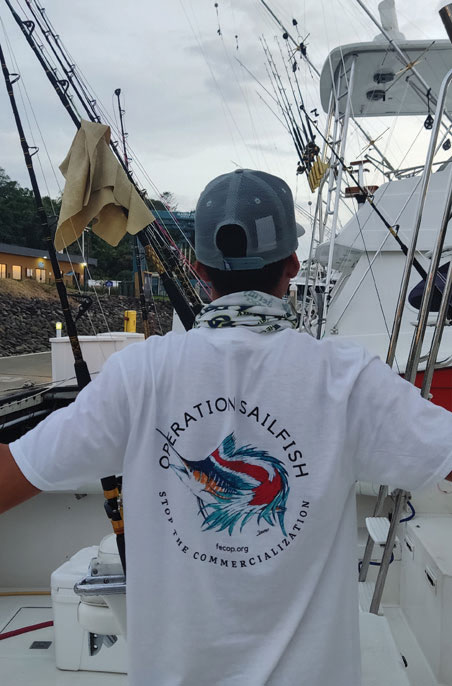

Help Us
Make a Difference
- Release all billfish, roosterfish, tarpon and large resident reef fish
- Keep sailfish and other large fish in the water for photos
- Tell your hotel, lodge or charter owner you support protection for sailfish in Costa Rica
- Use circle hooks to minimize impact on fish
- Fish with licensed captains only
- Don't purchase or consume billfish in local restaurants or supermarkets

